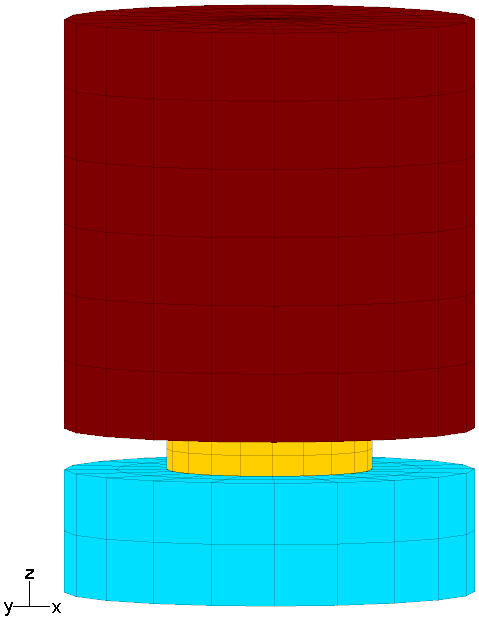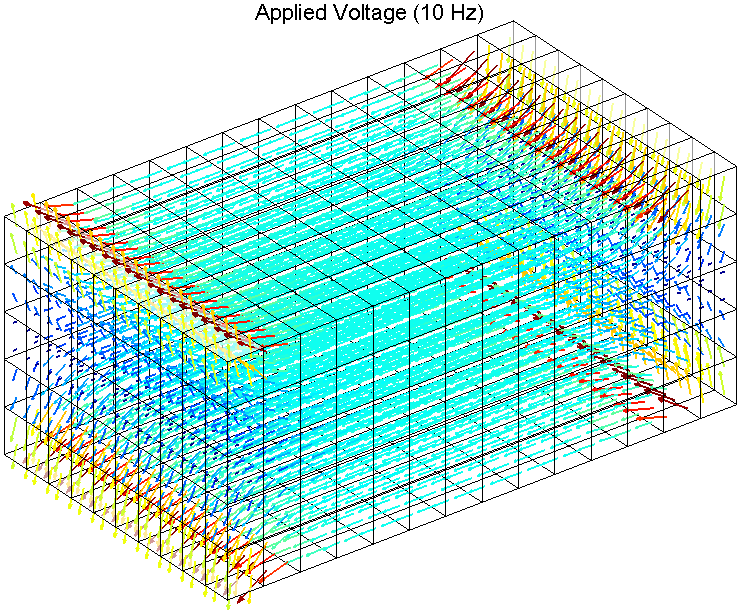The piezoelectric module of SDT
- Provides efficient tools for the definition of piezoelectric material properties (existing database) and electrodes including combinations
- Enables to compute static and dynamic responses to voltage/charge actuation and define voltage/charge sensors using full and reduced order models
- Contains advanced visualization tools for easy pre and post-processing
- Allows to create reduced order state-space models from the full models for use with the control toolbox in Matlab

Main functionalities
- 3D elements for detailed modeling of piezoelectric systems such as actuators and sensors
- Multi-layer plate elements allowing to model plate structures equiped with thin piezoelectric transducers including piezoecomposites such as Macro Fiber Composites (MFCs)
- Simple handeling of electrical boundary conditions through the definition of electrodes. Combinations of voltage as well as charge can be applied and/or measured on the electrodes
- Advanced visualisation tools (electric field, electrode areas, charge density on electrodes)
- Static periodic homogenization of representative volume elements (RVE) for the modeling of piezocomposite transducers
- Possibility to export the model in the (reduced order) state-space format to be used for active control or passive shunt applications.

Main steps of analysis
SDT supports piezoelectric constitutive laws for all 3D volume elements and composite shells. The main steps of an analysis are :
- define/import mesh.
- define piezoelectric material properties
- define electrodes through an MPC for volumes or the element property for shells.
- define electric boundary conditions, loading, and sensors
- compute the response using full order or reduced order models
- visualize the response in more detail.

Documentation
- Short presentation of the piezoelectric module
- Full manual with examples (transducers modeling, piezo homogenization, passive shunt damping, …)
